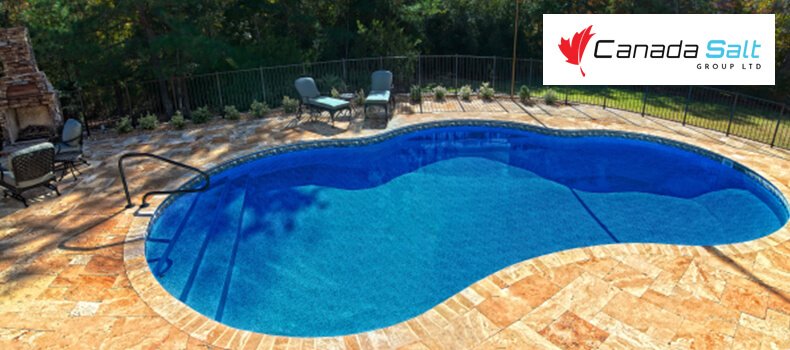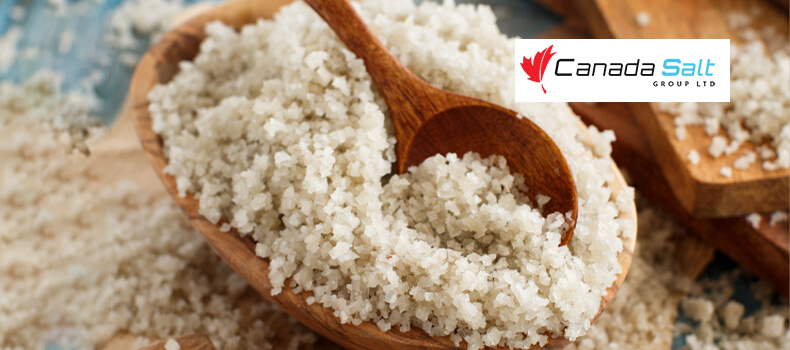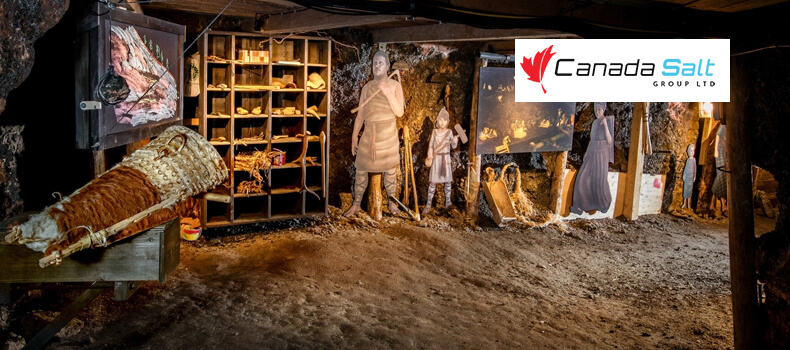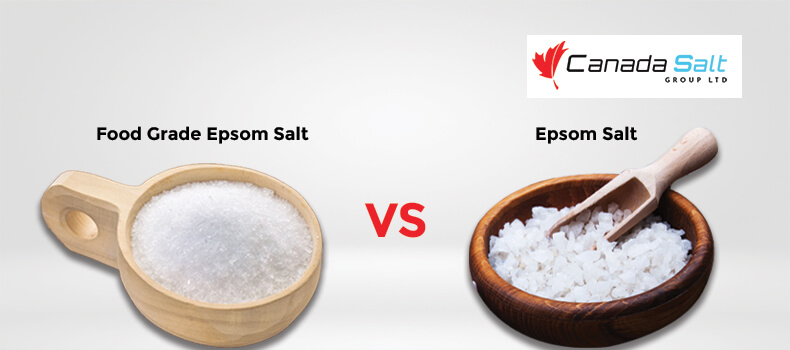Basics Of Pool Water Saturation Index
Homeowners love to have a saltwater pool to relax in the hot summer climate, but owning and maintaining a pool is not easy. The best pool has perfect water balance and does not damage the pool’s structure. The perfectly balanced water is crystal clear and gives a pleasant swimming experience. The water saturation index must be balanced for any saltwater pool to prevent corrosion and scaling. If you are a homeowner having a saltwater pool in your yard, read on to learn more about the basics of water saturation index, know the basics of pool water, calculate water saturation index, and fix errors.
What Is Pool Saturation Index?
Pool Saturation Index or Langelier Saturation Index (LSI) is the scientific method of determining whether pool water is corrosive or scaling. The index specifically acts as an indicator of the level of Calcium Carbonate in your pool’s water. LSI was invented by W.F. Langelier, who conducted research tests to determine if the water in boilers was causing etching or scaling. Pool professionals now carry out the same process to test saltwater pools.
Why Is Water Saturation Important?
For any pool, balancing water is important as corrosive water can damage pool equipment, and on the other hand, scaling can cause clogging and cloudy water. The perfectly balanced water is saturated with calcium and other dissolved minerals for any pool. The LSI index can be used to find out the perfect chemistry of the pool, particularly in situations where it is difficult to maintain balance.
Factors That Affect LSI
Here are the five major factors that affect the LSI of any pool
1. pH Level
The pool’s pH determines whether the water is acid or base. The ideal pH range for your pool is between 7.4 to 7.6, and anything below or less than the range will increase the risk of scaling or corrosion.
2. Calcium Hardness
The hardness of Calcium in water determines the amount of calcium dissolved in the pool water. Having a high amount doesn’t necessarily mean that scaling will occur, as it’s very dependent on pH levels. The ideal calcium level is 150 ppm, and if there is deviation, you might have the risk of making water has the potential of more scaling.
3. Total Alkalinity Levels
Alkalinity is directly linked to the pH of the pool’s water. As the alkalinity of water increases, it becomes difficult to resist the shift in pH.
4. Temperature
As the owner of a saltwater pool, you might be keeping track of the temperature of the water as per your comfort, but do you realize that temperature also plays an important role in determining the LSI of your pool? If the temperature is too hot, the chemical reactions can speed up, which increases pH. For your pool, the ideal temperature should be 76°-104° F.
5. Total Dissolved Salts (TDS)
Total Dissolved salts give the number of minerals, metals, salts, and other organic materials dissolved in water. If the TDS is too high, the pool water needs to be replaced immediately.
How To Calculate LSI?
To calculate the LSI of your pool, you need to have the details of pH, alkalinity, calcium hardness, pool temperature, and total dissolved salts. Here is the equation to find out the LSI
(pH) + (Temperature in Fahrenheit) + (Calcium Hardness) + [ (Total Alkalinity)-(Correction Factor at current pH)] – (TDS) = LSI
Remember that your pool is doing well once the LSI level is between -0.3 to +0.3, and small corrections in chemicals can make your pool a wonderful place to enjoy and relax.
Adjusting Pool’s LSI
The easiest way to adjust LSI is to balance the water by testing. The pool’s chemistry directly affects LSI, and the more balance you maintain for your pool, the LSI would be 0. Testing the pool twice a week and using the necessary chemicals and pool salt is also important to maintain the water balance.
Conclusion
The secret to maintaining perfect LSI for your pool is using the right chemicals and keeping the water balanced. For the proper maintenance of a saltwater pool, it is required to use pure pool salt, which helps maintain the salinity and pH of the water. If you are a homeowner looking for proper maintenance of a saltwater pool, you need to talk to a professional who can help you choose the right chemicals for your pool. Canada Salt Group Ltd is the supplier of pure pool salt all over North America. Contact us for more details.





